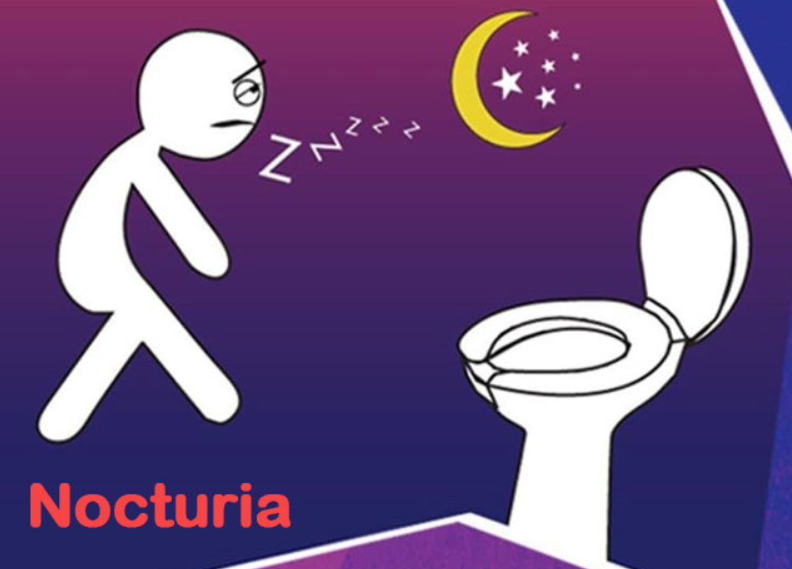Iron plays a very important role in many metabolic processes in the body. It participates in the synthesis of hemoglobin that transports oxygen from the lungs to all cells, as well as many important enzymes. It supports growth and strengthens the body’s resistance to infections.
On average, our body contains about 3 grams of iron (women about 2.8 grams and men 3.8 grams), most of which is so-called functional iron, while the rest is stored. Daily needs for this mineral depend on the age, gender and health of the body. The recommended daily dose for men is 10 milligrams, while for women it is twice as high, from 18 to 22 milligrams. In the following, we share tips for improving the blood count.
What are the reasons for increasing the risk of anemia?
- Uniform diet
- Excessive use of alcohol
- Excessive intake of coffee and caffeinated beverages
- Drastic strict diets
- Insufficient intake of fresh fruits and vegetables
How to correct the blood count?
Spinach is especially useful for improving the blood picture because it is rich in oxalic acid which reduces the absorption of iron. On the other hand, the use of foods rich in vitamin C promotes the absorption of iron.
We recommend drinking a glass of squeezed orange juice with your meal. You can supplement your diet with vitamin C through supplements (up to 2 grams per day). It is also recommended to spend as much time as possible in the fresh air and to walk at least 60 minutes a day.
How to improve the blood picture through nutrition?
Improving your blood count through diet should be your priority. Iron is best absorbed in the body through food. Due to greater needs, women absorb a higher percentage of this mineral from food than men, and the same is true for children compared to adults. Anemia can be treated with proper and adequate nutrition.
Food that can affect the improvement of the blood picture:
- egg yolks
- sea food
- whole grains
- vegetables
- apricots
- cherries
- dried fruit
All the listed foods help to better absorb iron. Iron deficiency, on the other hand, leads to fatigue, weakness, pallor, headache, irritability, exhaustion, and even heart palpitations. It can also contribute to lack of concentration, reduced immunity and susceptibility to infections.
After reading this text you can also read about: No More Wasting Your Money: Learn How To Refresh Or Dye Your Hair Without Hair Dye Or Any Other Harmful Chemicals!



